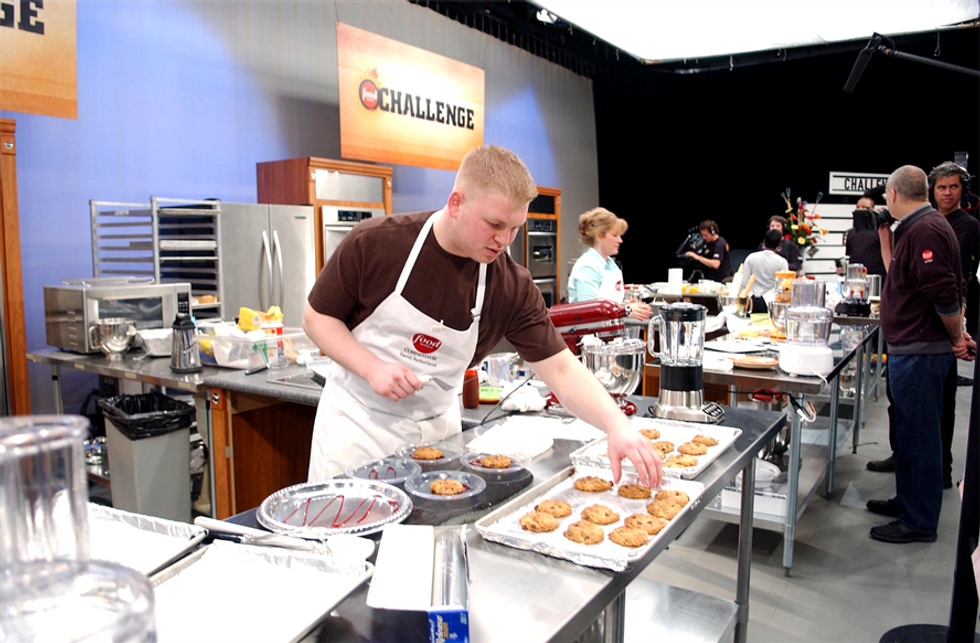Oh my friends, I have seen absurdly too many hours of Food Network. Absurdly. The reason for my falling so heavily and so deeply in love with spending my chore- or work-filled afternoons with oh-so-familiar cooking shows chattering comfortingly away in the background is beyond me, but it has left me with a trivia bank of knowledge as to how to make or break your Food Network career, specifically in the sphere of competition. With this in mind, I figured I'd devote a week to sharing some of what I've learned with you. Here is a simple list of the dos and don'ts of Food Network competitors.
Steer Clear of the Ice Cream Machine (Unless You're SURE)

https://pixabay.com/en/ice-cream-cone-waffle-hands-690403/
This particular warning has actually become a staple of the show 'Chopped' and its fanbase because of how ridiculously often it factors into the final decision and the mayhem that ensues in competition. The ice cream machine, that beautiful, fickle queen, is a double-edged sword. On one hand, if an ice cream dish is completed successfully (which means nailing both flavor and pristine consistency), it is one of the most favorable factors that can possibly be considered. On the other hand, 9 times out of 10, ice cream dishes are almost entirely unsuccessful. It doesn't matter how familiar a chef is with the process - more often than not, time simply does not allow for it to come together. So...good luck with that one.
Extract Is Never the Answer
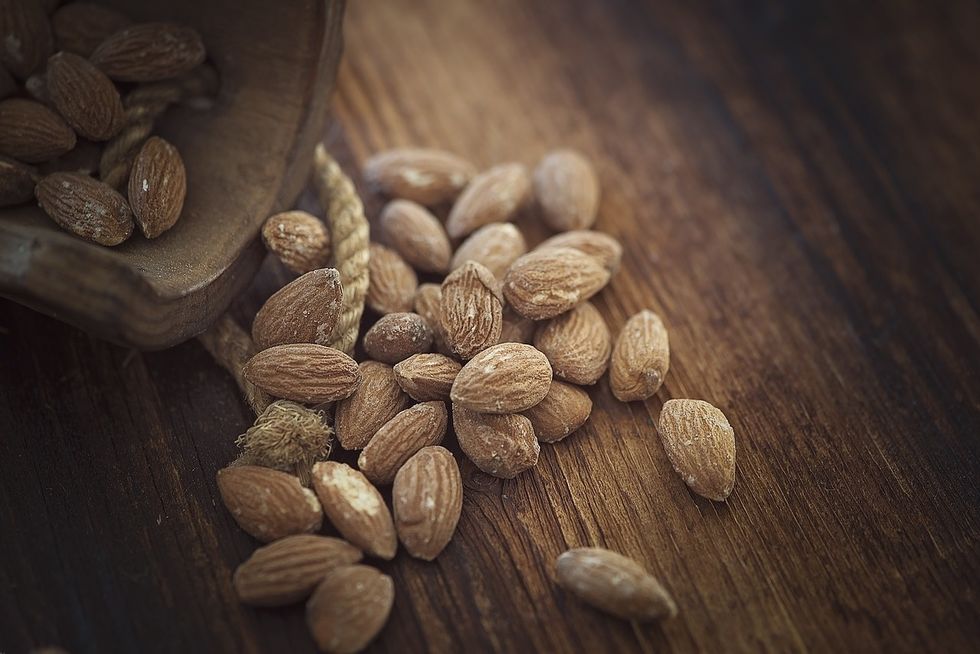
https://pixabay.com/en/almonds-salted-salted-almonds-brown-1266908/
Now here we have an example of one of the most easily avoidable mistakes made in all of competition, and yet at the same time, we are faced with one of the most common errors of all time. Appearing mostly in correlation to baking, viewers can almost always predict what follows a competitors choice to use most extracts, with a possible exception being vanilla. Consider how black is the most dominant color. Now transfer that concept into a flavor and watch it consume your dish. Use extract and the only comments you will receive will tell you that it has "overpowered" your dish entirely. Just stay away from extracts, especially almond. Almond is a killer.
Pine Nuts Will Burn Every Time
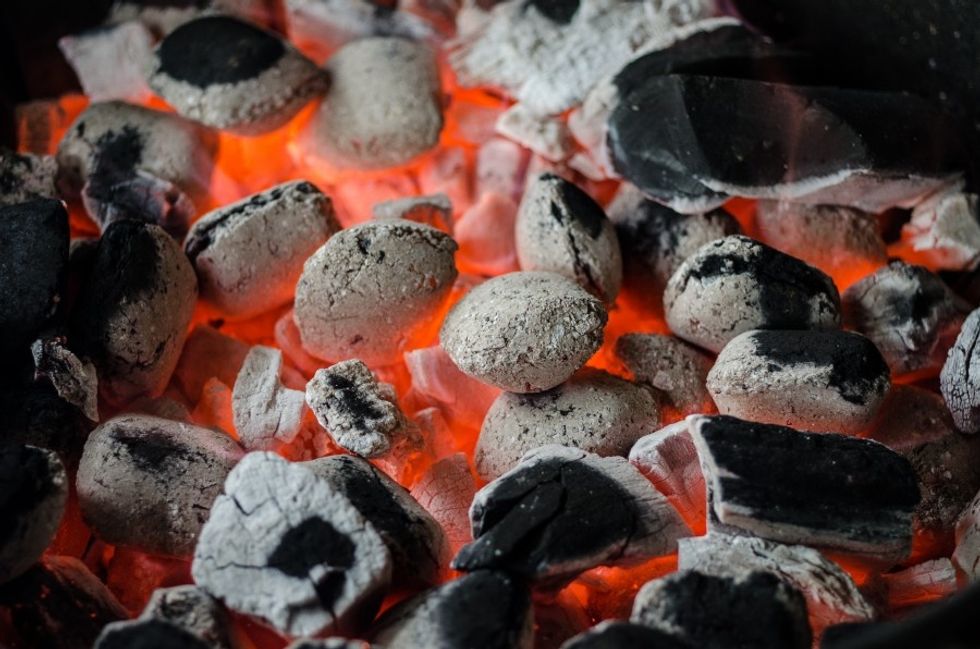
https://skitterphoto.com/photos/1144/barbecue-coal
This one is a simple warning from the mouths of the pros themselves. If you cook pine nuts, they will burn. Any ingredient placed in a pan to cook needs constant supervision, but somehow, pine nuts always seem to fly under the radar until they've had the chance to thoroughly revert to black and force you to start all over again. Have a second batch at the ready and eyeball them ruthlessly.
Leave Ample Time for Fondant Work

https://www.pexels.com/photo/cake-celebration-dairy-product-decorate-353347/
Ah, fondant work. A beautiful answer for unbelievably extraordinary cake designs yet such a disaster with which to work. Fondant, a mixture of confectioners (powdered) sugar, corn syrup, and water, is the playdough-like substance you might have seen cake decorators use to cover their cakes. It's a tricky little fiend because of two factors. The first is cracking - when rolled too thin or too much, fondant will crack and break (much like dried playdough). The second is the cornstarch used to roll it out - more often than not, hasty finished products show fondant work covered in white patches that detract from the hard work. Save a bunch of time to work with this stuff. It will either be a winner or a catastrophic eyesore.
Size Matters, feat. Pâte à Choux and Macarons
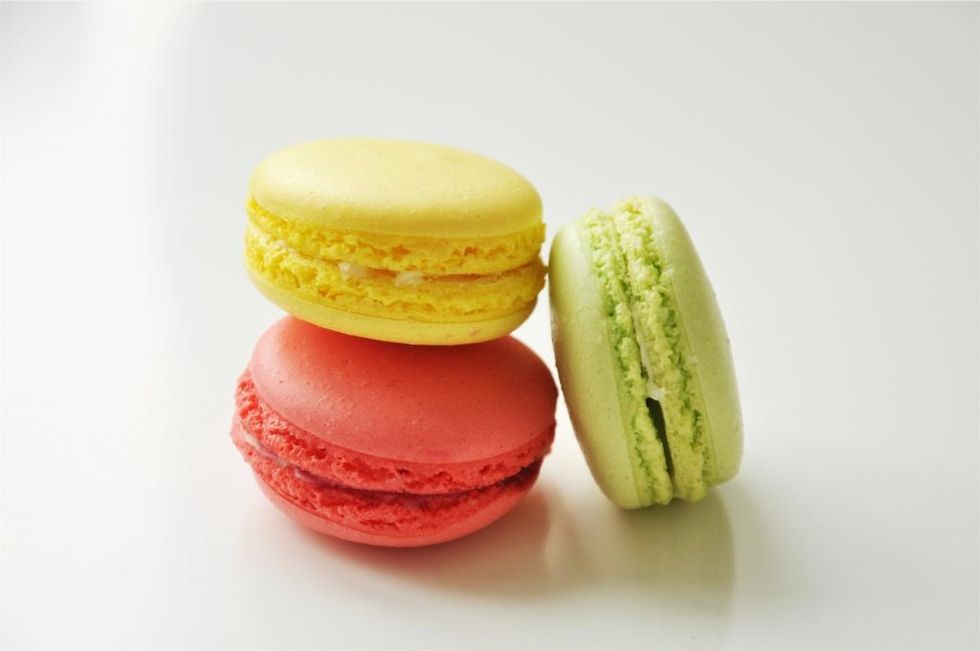
http://finda.photo/image/7933
Pâte à Choux is the kind of dough used to make certain kinds of pastries like profiterole, the fancy name for cream puffs, and eclairs. Macarons are delightful little circle-shaped cookie pastries that no one really knows or cares how to pronounce. In both cases, one of the biggest comments from the judges is the consistency of pastry size. Any Food Network prospect should practice watching how much dough they use for each pastry, for size can make or break any solid creations.
Find the Balance Between Safe and Too Extreme
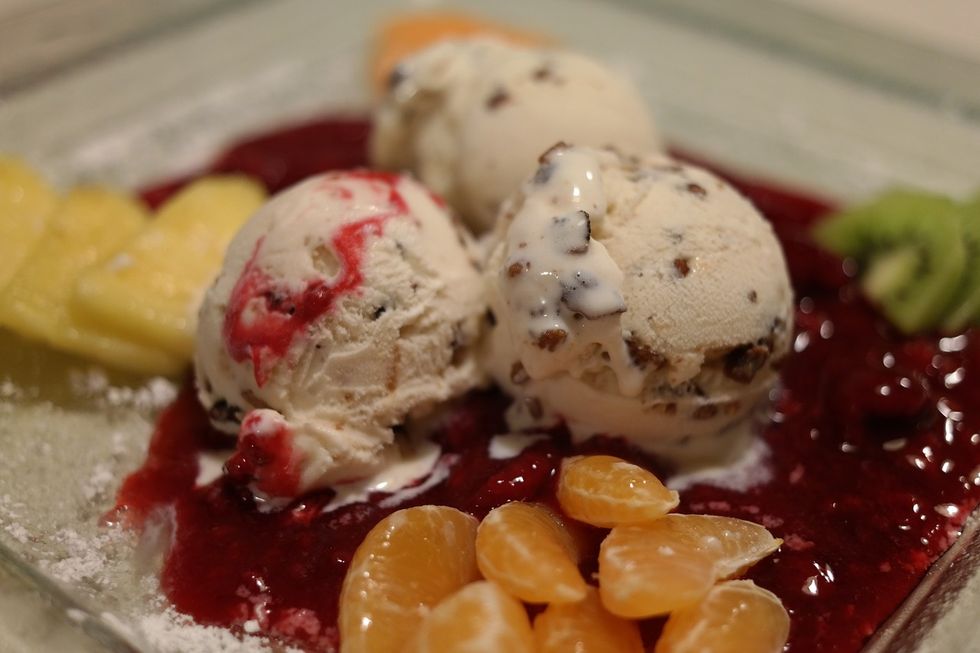
https://pixabay.com/en/ice-dessert-feasting-ice-cream-795603/
It's a teeter totter of complexity too difficult to tangibly define, so I'll just give you the highlights. The goal for any dish on any Food Network competition is for it to be extraordinary. There's almost a checklist of which any approaching challenger needs to be highly aware: complexity, flavor, and cohesion. For example, if a chef sacrifices complexity and plays their meal a little safe, said meal's flavors and components must compliment each other brilliantly and taste magnificent enough to leave little room for error. Extraordinary has a limit - there IS such a thing as too much on a plate just as there is such a thing as too little.
Don't Forget About What You're Cooking

http://finda.photo/image/7363
I have seen this happen a painful too many times to count. Chefs bustling around the kitchen somehow lose track of where they are. Competition kicks in, adrenaline pushes a step too far, and all of a sudden a pot on the stove filled with goodness-knows-what is darn near on fire. The only lesson to come out of this warning is the most obvious: pay attention to what you're doing. Your dish should make so much sense to you that each component is always on the forefront of your mind. There isn't any room for scatterbrained in the Food Network kitchens.
Taste Testing is Key
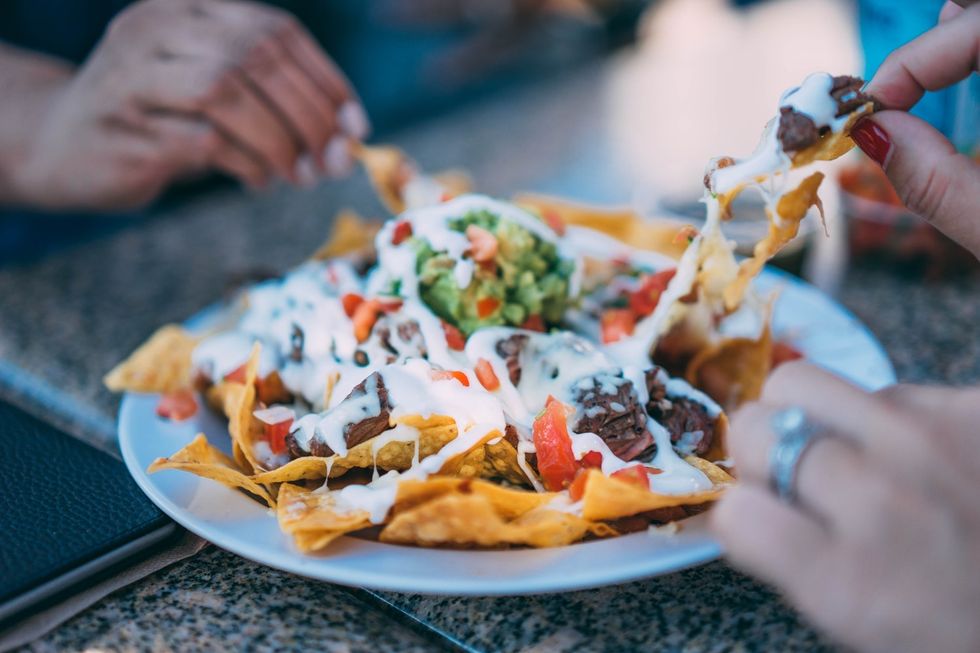
https://unsplash.com/photos/aZOqcEK2KuQ
Taste testing is the fun part, isn't it? It's the moment in the kitchen straight out of a child's dreamworld, the work in the past and the masterpiece of cuisine finished and at the ready. So indulge yourselves, Food Network hopefuls, because not only is it a moment's respite in the land of fierce competition, but it can also save you from very unfortunate fates like realizing you forgot to add sugar to your cake or used the wrong seasoning to create an accidental abhorrent piece of meat you now have the chance to scrap fast.
Meat: The Phrase "Cooked Perfectly" Is the Only One You Want to Hear
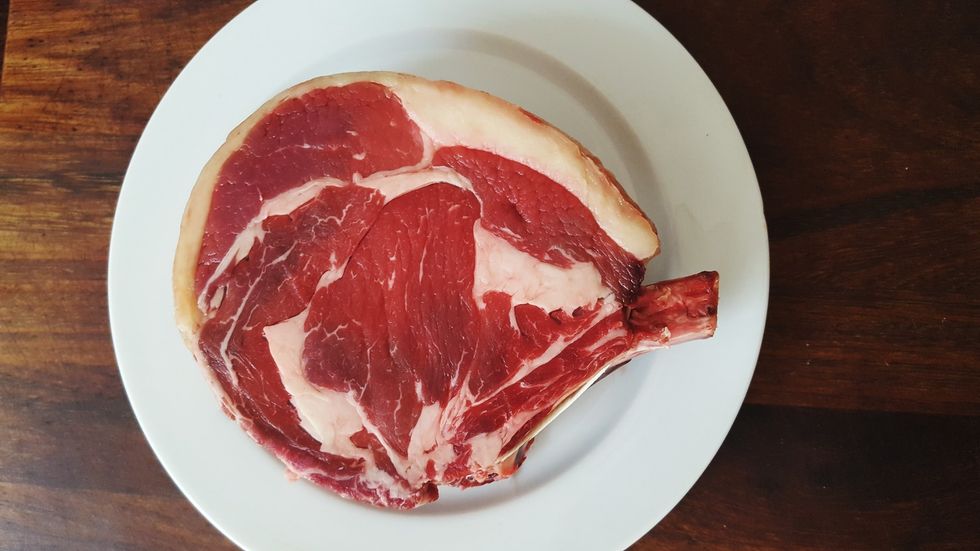
https://unsplash.com/photos/Nem5S814Flc
What's worse, overcooking or undercooking a steak? Answer: both. Meat is one of the most finicky ingredients on the Food Network playing field, which is rather unfortunate considering there aren't many ingredients that are ever more important. The simplest solution here is to prioritize the protein. Make sure you get the meat cooking immediately so that it has time to rest and can be checked for the degree to which it cooked. If your meat can find that ever elusive balance of cooking correctly, you'll have yourself a winner.
Be a Good Sport

https://www.pexels.com/photo/monochrome-photography-of-people-shaking-hands-814544/
Every once in a while, it so happens that a competitor comes on that you just instantly root for to lose. To any Food Network prospects out there looking for the chance to shine - don't be "that guy." Don't be the one to take time, space, and ingredients from others to cripple them in the race. Don't be so cocky that you power through like a machine and fail to realize you're playing with real people. Those people do appear on shows from time to time, but for the most part, Food Network is a wholesome place for cooking and those who love it. Be the one people remember for the best reasons whether you win or lose. Good sportsmanship goes a long way.

